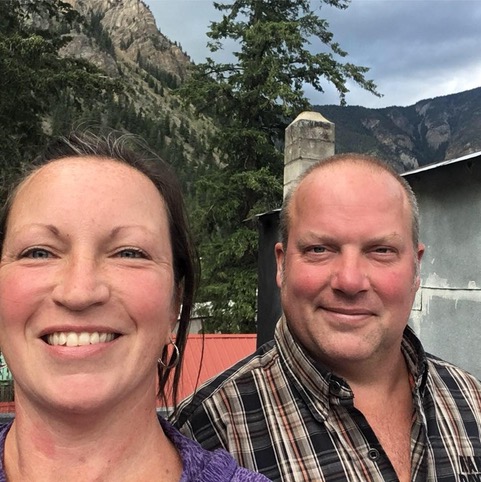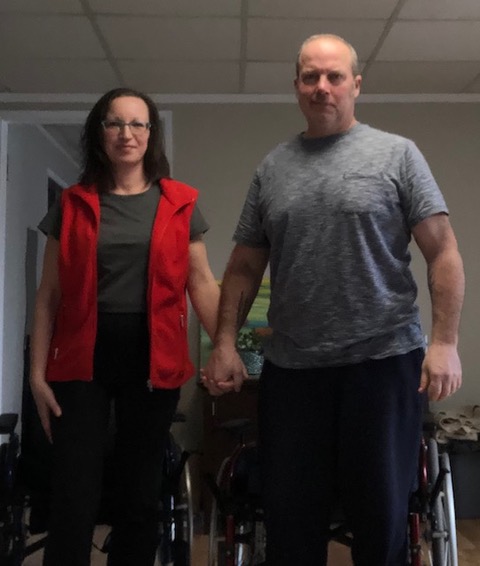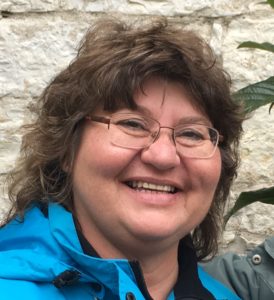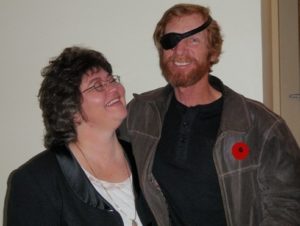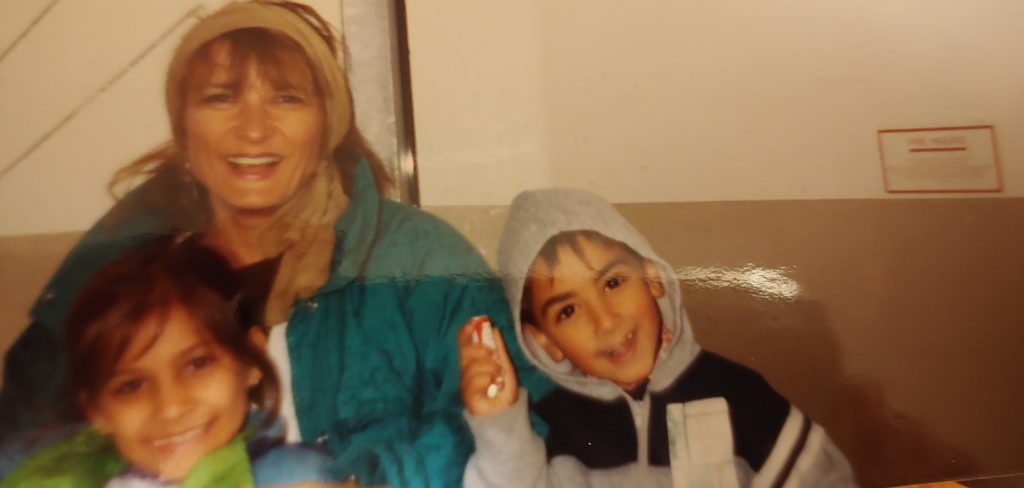
A recent telephone conversation with a young man gave me some understanding of the profound mental and emotional trauma experienced by internationally abducted children. Karim was 6 and his sister was 9 when their father abducted them to Saudi Arabia. “He told us we would not be going home,” Karim said, “and we would never see our mom again. He told us our mom didn’t want us anymore and she had sold us to him for a car. There were many lies.”

For Karim it was the beginning of a psychological and emotional nightmare. Now 34, he is still haunted by memories of the 7 years away from his mother, friends and all that was familiar to +him “It ruined my life,” he said. “I was in a country where I didn’t know people, attending an Arabic school. Before the abduction, I had been diagnosed with dyslexia. The school system didn’t deal with that. My reading and writing were poor. The teachers slapped me and told me I was dumb. The other kids harassed me because I was a foreigner. I got into a lot of fights. I was put in a different school every year.”
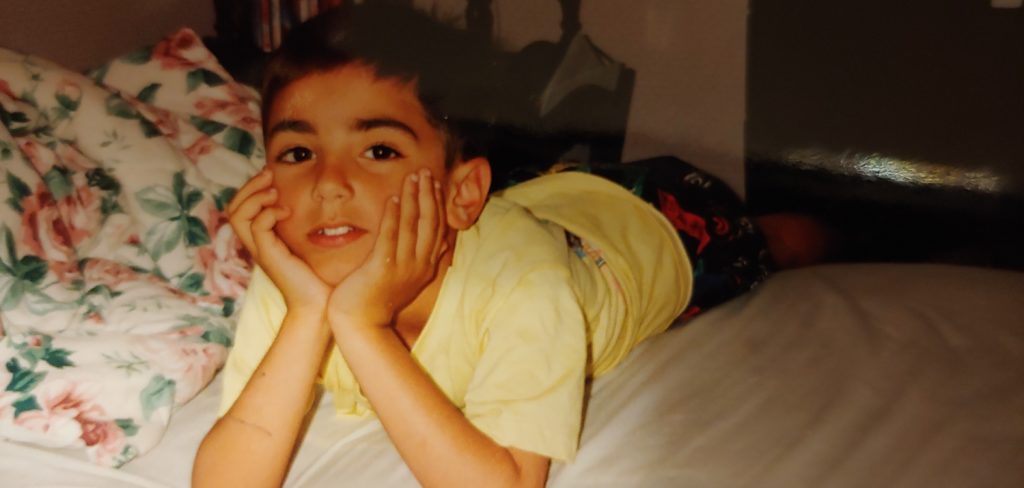
As happens frequently in cases of abduction, Karim’s father wanted to turn him and his sister against their mother. “Your mother is a terrible person,” he told them. “I’m doing this for you guys to keep you safe, to give you a better life.”
According to Child Abduction Recovery International, “fostering parental alienation is the number one tool abductors use against the left behind parent. They do this by creating irrational fear of the other parent, and building up resentment. They discourage or don’t permit contact. Their goal is to eradicate the other parent from the child’s life.”
In a separate conversation, Karim’s mother, Jamie said, “I agreed to let their father take them on a safari in Kenya. It didn’t occur to me he would abduct them to Saudi Arabia. He signed documents with my lawyer and promised he’d call me everyday. It all meant nothing. In Saudi Arabia our laws have no power and women have no rights.”
Many mothers of abducted children never see them again. Karim and his sister were returned to Canada only because their father was unhappy and frustrated. Not being a Saudi citizen, he had few rights and struggled financially. Before their return to Canada, using a Canadian lawyer he demanded many concessions from Jamie including full custody, the dropping of kidnapping charges, and no media at the airport.
“My lawyer told me if I ever wanted to see my children again, I’d have to accept all the demands” Jamie said. “I agreed to everything just to get my children back. When I first saw them at the airport I was so overwhelmed with emotion, I collapsed.” “Don’t worry mom,” Karim said. “We’re home now.” Karim lived with his father at first but then came to her.
Writing on the Ontario Law blog, Lynn Kirwin paints a troubling picture of what can be experienced when a child has been subjected to programming designed to alienate them from a parent. “Children coming out of this experience are likely to suffer depression, loss of self-esteem, self hatred, guilt, poor interpersonal relationships, a distorted view of reality and self-doubt.”
Life for Karim since returning to Canada has continued to be difficult. “I still don’t read or write well,” he said. “I hide this but it’s something I struggle with every day. In spite of some tutoring and counseling, I feel I’m behind others my age.”
“I’m still pretty broken today,” he continued. “I shut down when things go badly. I blame my dad for this, for caring only about his future, not mine. He ruined my life.”
Karim’s sister doesn’t want her past known. Even her children, in-laws, and friends know nothing of the 7 years in Saudi Arabia. She denies it was a bad time.
For Karim and Jamie, the seven lost years are still a source of deep disquiet, but they have courageously persevered in restoring their relationship and rebuilding their lives. Karim has obtained vocational training at BCIT and finds his employment satisfying. They hope by telling their story they will persuade young women to ponder seriously and not recklessly plunge into a relationship that could bring tears, not joy. It is their fervent desire to spare others the heartache of child abduction.

